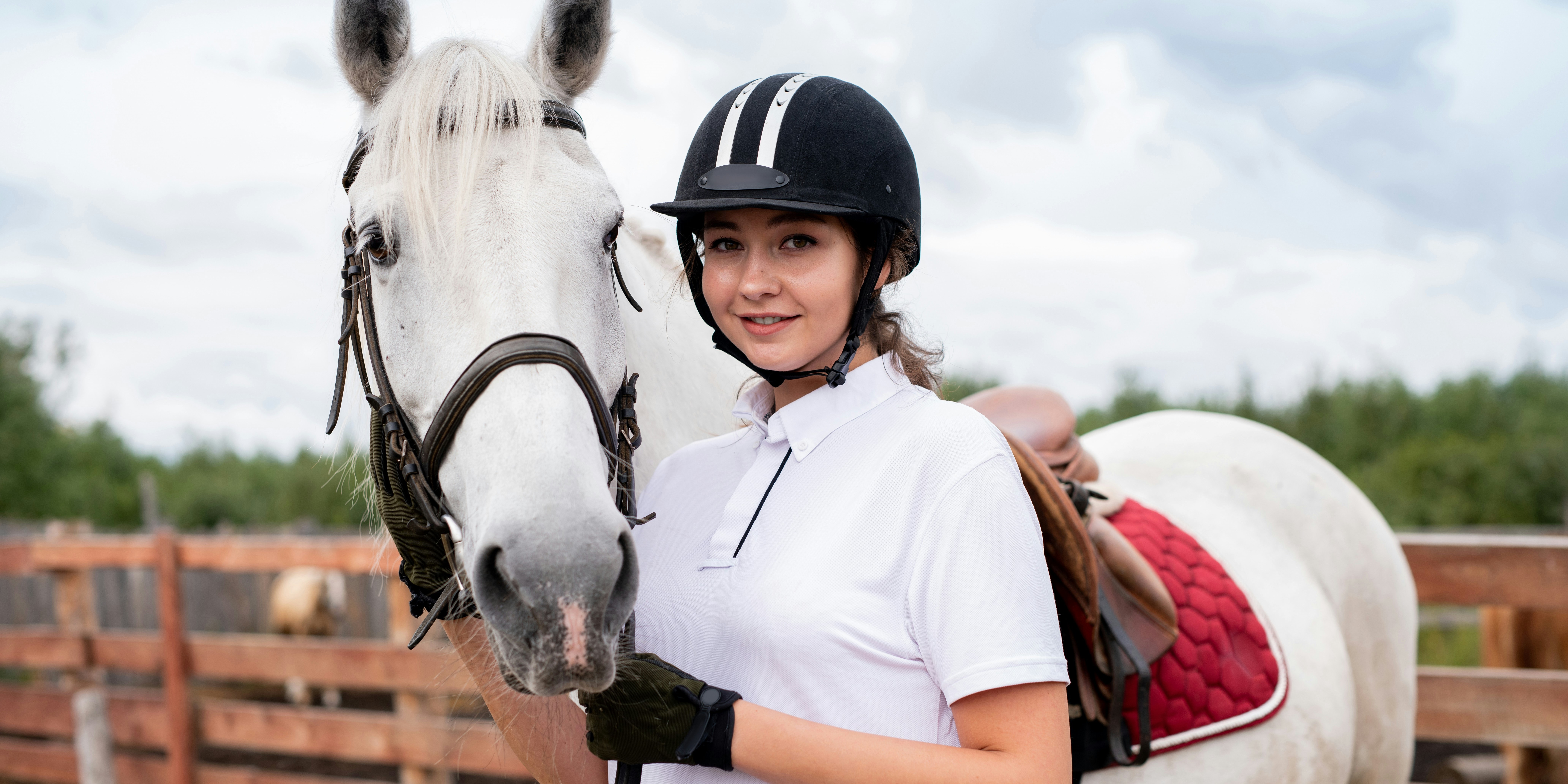By: Dominique Mayorga, Hype
We sat down with Brooklyn-based director Grayson Whitehurst of Voyager to discuss the films that influenced him, the creative risks that paid off, and the New York moments that feel like they’re straight out of a movie. Known for approaching lighthearted subjects with remarkable seriousness, Grayson has built a reputation as a bold storyteller whose work balances humor, surrealism, and emotional depth. His approach has led him to direct for brands like Axe, Skittles, Mountain Dew, and NBA 2K, while his narrative projects have been showcased at Oscar-qualifying festivals worldwide.
Q. What’s a piece of art, film, or music that first made you want to tell stories?
I stumbled upon Michael Haneke’s U.S. remake of Funny Games just before I became a teenager, and it really changed the way I thought about storytelling. It was the first time I understood that a story didn’t have to be comforting or conclusive but could challenge you, implicate you, and leave you without clear answers. That sense of disorientation stuck with me.
Q. If someone walked into your teenage bedroom, what would they find that hinted at who you’d become?
The first thing you’d probably notice is a large box set of The Twilight Zone: The Complete Definitive Collection. It wasn’t just a stack of DVDs—it felt more like a totem, something I kept close, returned to often, and treated almost with reverence. That collection taught me that stories could be puzzles, parables, and warnings all at once.
Q. Where in New York do you go when you need a creative reset?
I don’t have a particular spot I go to reset. I just go wherever my legs take me.
Q. What’s a New York moment you’ve experienced that could have come straight out of a movie?
On my first date with my now-girlfriend, we met a man who insisted he was the “Mayor of Bedford,” a title that doesn’t seem to actually exist. He spent the evening buying us drinks and, without hesitation, told us about how his wife left him because he cheated on her while she was dying of cancer. I’m pretty sure he only bought us drinks because we were the only ones who listened to him, and looking back, I’m not sure why we engaged with him for so long—maybe it broke the ice. It’d be tough to meet anyone so unabashedly open anywhere else.
Q. What’s a creative risk you’ve taken that paid off in an unexpected way?
In a recent short, we centered the film on a visual so bizarre it felt like it would fail. I kept waiting for it to collapse, either practically or narratively. But instead, it became the most fulfilling part of the process, a reminder that risk isn’t just a gamble. Without that sense of danger, work can become predictable and forgettable. That absurd image gave the film its heart and reminded me why I make things in the first place.
Q. What’s something you’ve learned about yourself through filmmaking?
Filmmaking has shown me that I’m deeply intuitive, but not in the sense of conjuring magic on set. It’s about knowing where that magic already exists. I’ve learned that I’m great at recognizing actors and collaborators who carry that spark, and my role as a director is to give them the freedom to do their thing. I’ve realized that my strength is less in micromanaging every detail and more in trusting the people I work with, listening closely, and allowing their talent to guide the work. I’m nothing without the people around me, and magic happens when intuition meets trust.
Q. If you could direct any project with an unlimited budget and no constraints, what would it look like?
I don’t think I’d suddenly make a huge spectacle. I’d still be drawn to the same thing I always come back to: people talking. Most of life isn’t about car chases or battles—it’s conversations, pauses, misunderstandings. And I enjoy watching that because it feels authentic.
What fascinates me is how quickly something ordinary can shift. You can be in the safest space imaginable with someone you know better than anyone, and then a single word, silence, or glance changes everything. Suddenly, the atmosphere feels heavier, more uncertain, maybe even tense. That’s where I want to live as a filmmaker—not in big, loud gestures, but in the small, subtle moments that show how fragile everything really is.
Q. What do you hope people feel after watching your work?
I hope people leave my work feeling unsettled, provoked, and moved, like they’ve glimpsed something they can’t fully process but can’t stop thinking about. While my commercial work is generally more accessible, I’d love to bring that same depth and emotional resonance to it as my career progresses.
Q. What was key in finding your directorial voice? What advice would you share with people looking into getting into the field?
The key to finding my voice was letting it come to me rather than trying to force it. It’s like tuning into a frequency: sometimes the signal’s clear, sometimes it’s static, but if you stay patient and open, your truth will reveal itself. Creativity isn’t something you create—it’s something you channel. The best work comes when you can identify ideas that aren’t just good, but truly feel like yours.










